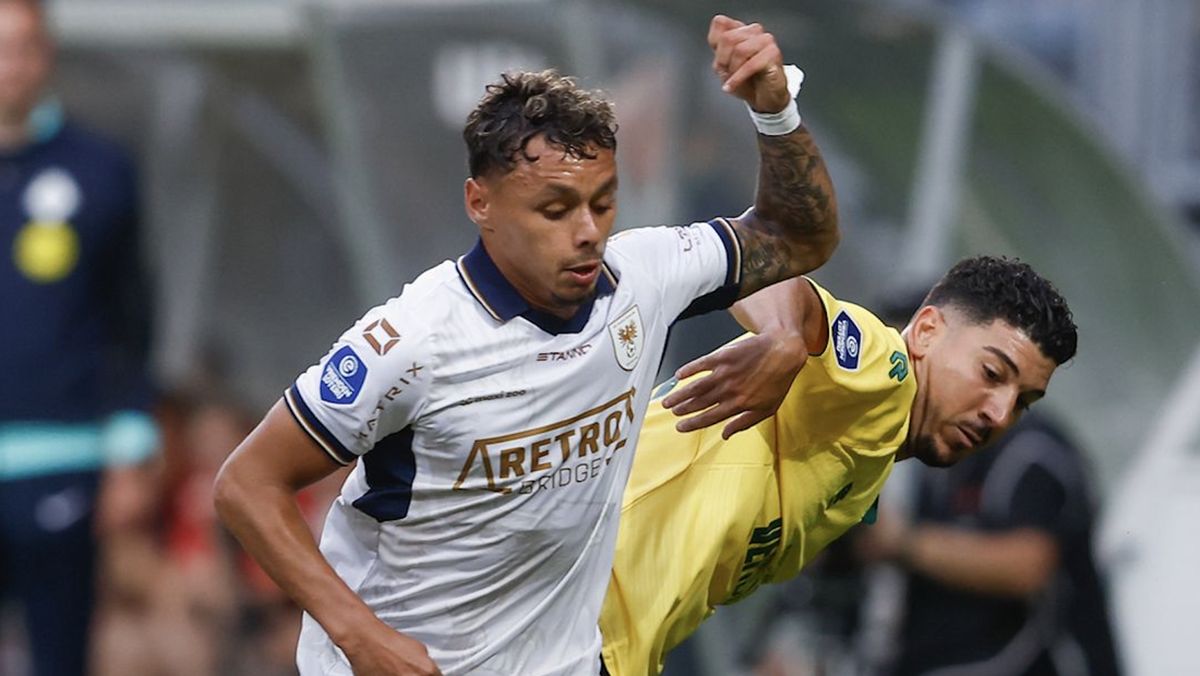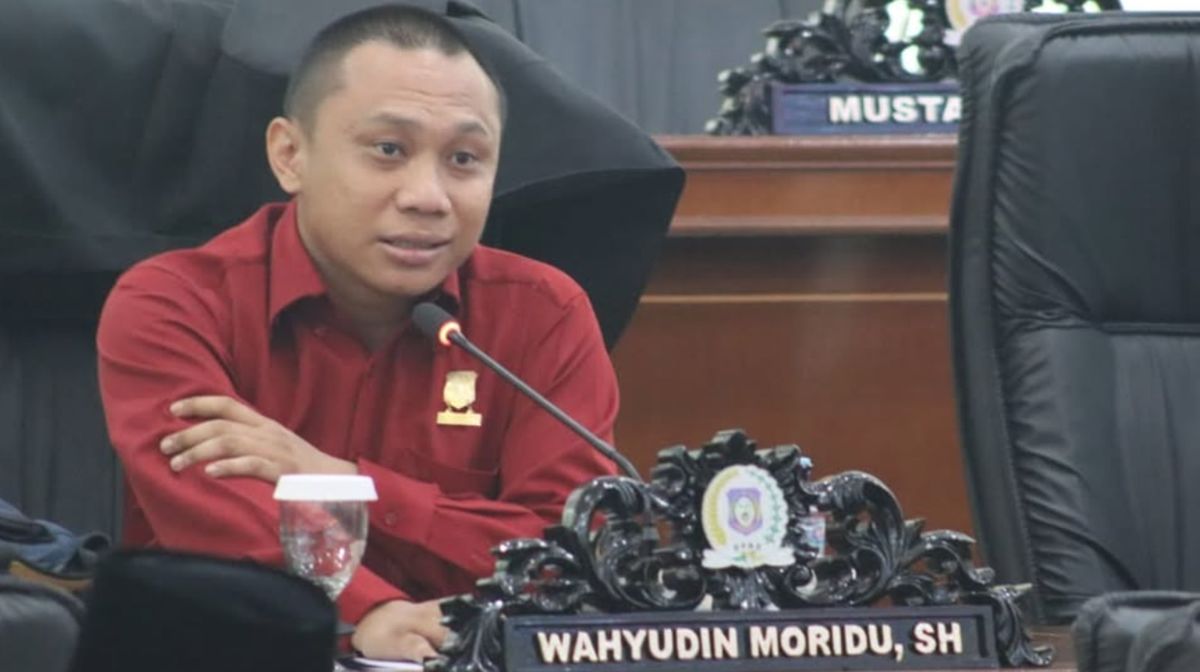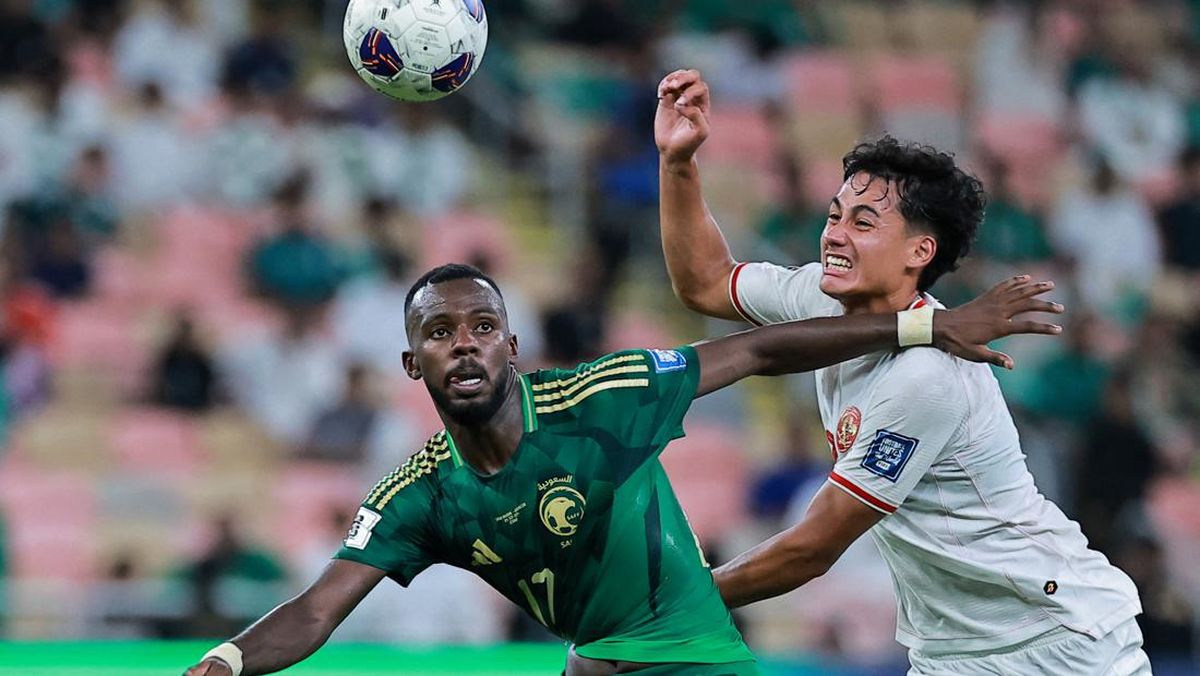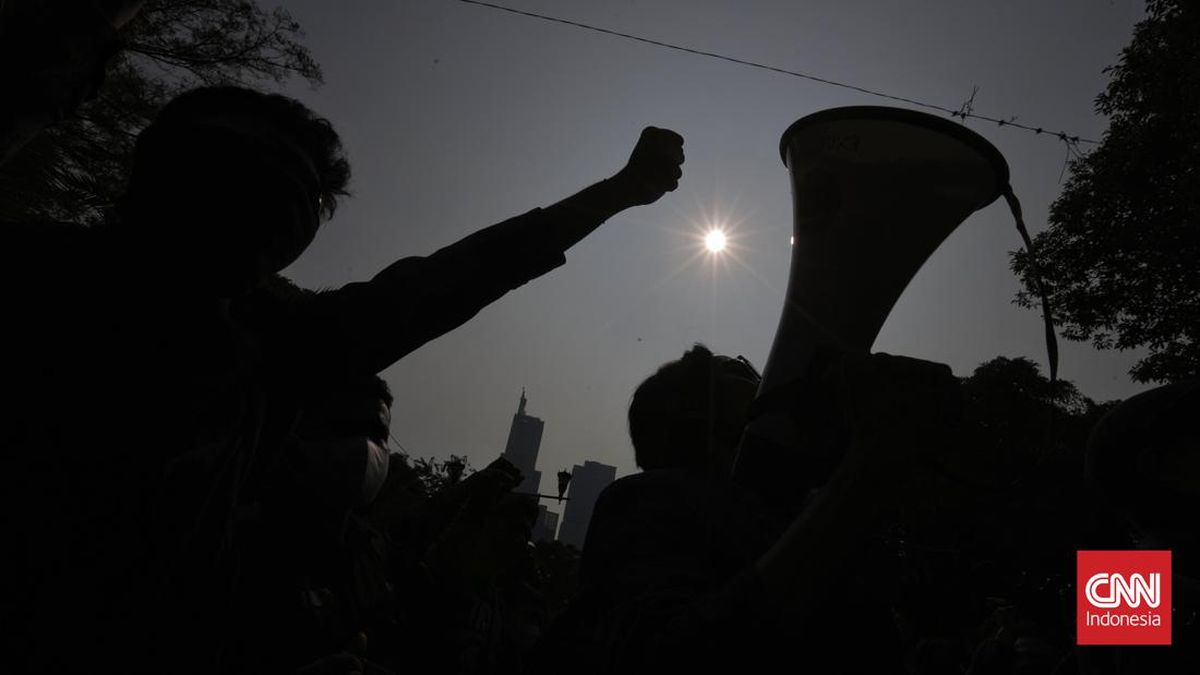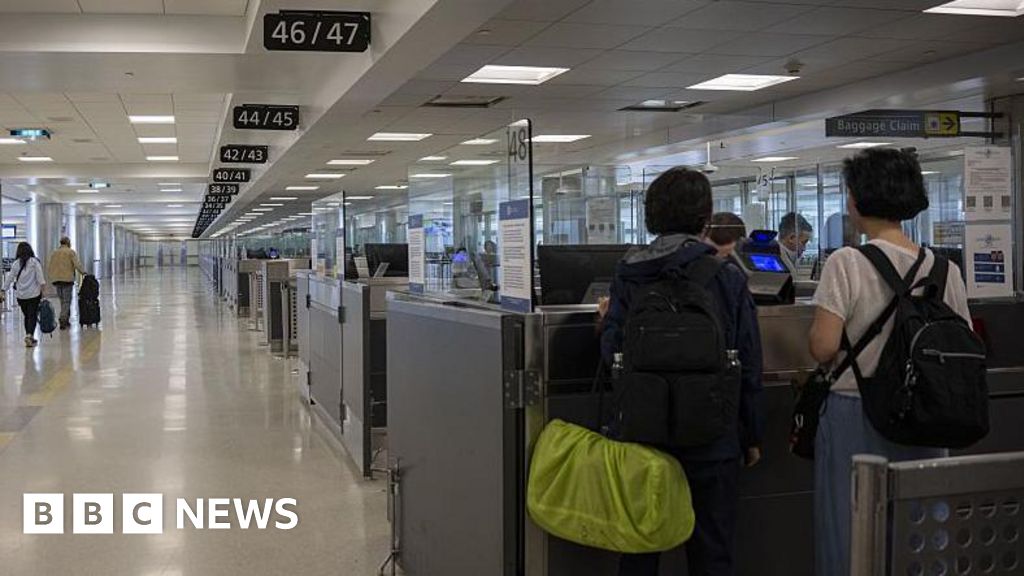Opinion
September 21, 2025 — 7.35pm
September 21, 2025 — 7.35pm
What do you say when the unthinkable happens? When your company’s failure is linked to three deaths, what words could possibly suffice? After all, is there a worse nightmare than calling for help that doesn’t come?
For Optus, the cost of its latest crisis extends far beyond the deaths that have been linked to Thursday’s Triple Zero outage. While preliminary investigations now suggest the death of a newborn baby is unlikely to have been caused by the outage, the clarification is already too late – the narrative that it was involved is already seared into public consciousness.

Optus CEO Stephen Rue speaks to the media on Sunday.Credit: Flavio Brancaleone
Here lies one of the fundamental challenges of crisis communication in 2025: we live in a world where consumers are simultaneously more sophisticated and more fragmented than ever before. Many will dig deeper, follow updates and form complete judgments over time. But equally, there are those who read the breaking news and that’s it. They will continue to believe Optus was directly responsible for the death of a baby, even if that turns out not to be the case.
This harsh reality then makes the initial response from Optus even more critical. In an era when first impressions become permanent for many, there is no room for the kind of failures we’ve witnessed.
Because of past missteps, the general mood towards Optus was already one of mistrust and distrust. So when Optus CEO Stephen Rue held a press conference at 5.30pm on Friday, a full 28 hours after management first learned of the issue, it only added to its perception problems.
Loading
By Saturday, we learnt that some state government officials and emergency services only learnt of the outage via Rue’s media appearance. And on Sunday, we heard that a Sydney man reported being unable to connect to Triple Zero to Optus as far back as June. As the man said, “If they acted on it, it might not have happened again to these other poor people.”
But what makes this situation particularly galling is that we’ve seen this before. This is Optus’ third major failure in recent years, and it appears lessons have either not been learnt or were never taken seriously in the first place. Its crisis playbook now is predictable: technical failure, delayed disclosure, Friday afternoon damage control, and promises that ring hollow.
People expect transparency, immediacy, and accountability from essential service providers. They expect to be informed when systems fail, not kept in the dark while companies manage their messaging and hope that by breaking the bad news on a finals weekend, the AFL will distract people.
During questioning, Rue’s performance revealed a leader who seemed detached from the gravity of the situation. When asked whether he had listened to the calls in which customers reported a problem, he said he had not because he was undertaking a “multiplicity” of tasks. When asked if he had yet reached out to the families who had lost a loved one, Rue also said no.
Loading
When people are dead and your company’s systems failed them, a multiplicity of tasks sounds a lot like corporate speak for, “I have more important things to do.” Consumers expect leaders who understand that some moments demand personal engagement, not corporate hierarchy or hand-balling hard jobs to someone else.
The scale of institutional trust breakdown is perhaps best captured by South Australian Premier Peter Malinauskas declaring his government was “very cautious of accepting everything that Optus says”. Communications Minister Anika Wells was equally blunt, saying, “Australians have every right to be livid that Optus cannot get these basics right.”
To have senior politicians at state and federal levels saying they don’t trust a major corporation is massive. Because when premiers publicly state they don’t trust your company, ministers abandon diplomatic language, and families are grieving possibly preventable losses, the time for corporate process and managed messaging has passed. What’s needed is leadership that matches the human cost of failure.
Optus has had three opportunities to demonstrate real leadership over the past two years. Each time, it has chosen a different path. The question now isn’t what it will say next – it’s whether it will finally understand that in crisis, actions matter more than words, and community responsibility matters more than corporate reputation.
As for other companies, they should be taking notes. This isn’t just about the telecommunications industry or about Optus – it’s about what happens when essential service providers lose sight of their fundamental responsibilities.
Sally Branson is a specialist in crisis PR management.
Most Viewed in Business
Loading


